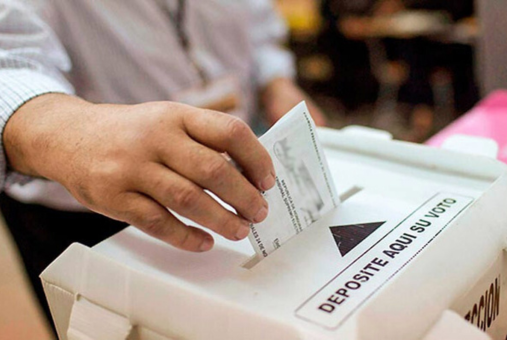
With the military casting suspicion on the press and pushing to unmask sources, local journalists are turning to one another — and to bulletproof vests — to ensure they can cover their country’s elections.

Although a new report from Voces del Sur recorded fewer attacks on the press in 2024, press freedom is not improving. Violence and harassment persist, and more journalists are turning to self-censorship or exile.
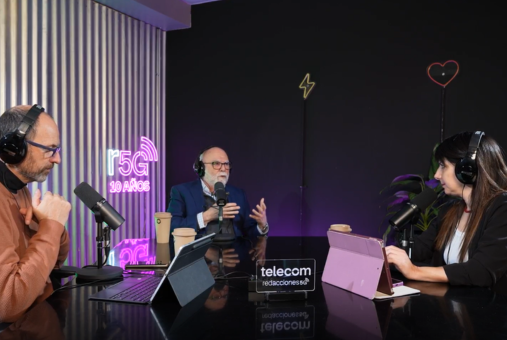
LJR presents five podcasts that address issues impacting journalism, from press freedom threats to the digital revolution.

Over four weeks of this free online course from the Knight Center and GIJN, you’ll learn how to build practical digital habits that help protect your data, communications and devices — even in high-risk situations.
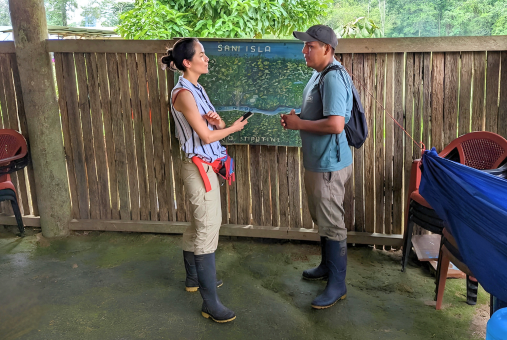
The network of more than 90 environmental journalists — known as PUMA — builds on Mongabay’s eight years reporting across the region. They plan to collaborate on shared challenges like a crisis of funding, threats by criminal groups and censorship by powerful interests.
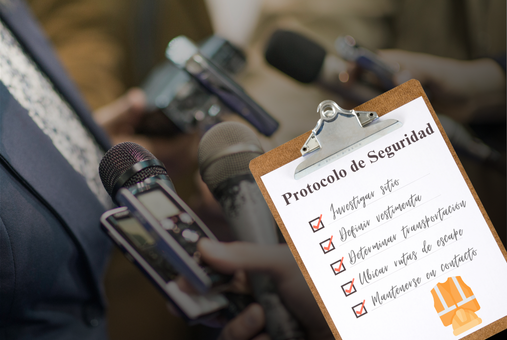
Considering the dangerous environments for press professionals in Mexico, nine newsrooms in various parts of the country learned to build their own physical, digital and facility security protocols based on their specific circumstances, as part of the Safer Newsrooms initiative from the IAPA and Google News Initiative.

Participants of a cross-industry meeting in Mexico City emphasized the importance of collaboration, a global community, digital literacy and public support for journalism.
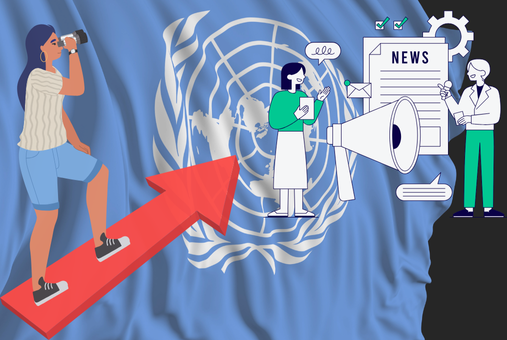
The petition asks for stronger language in the Pact for the Future regarding guarantees for access to information, press freedom and journalism in the public interest.
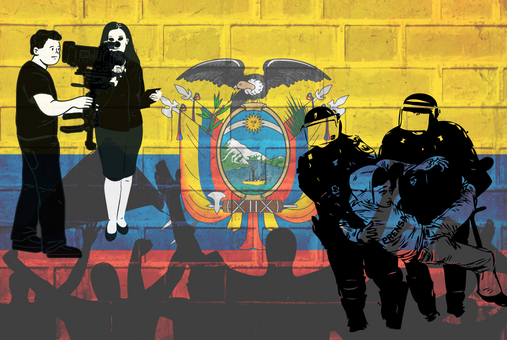
As violence is growing in the country and against the press, in particular, Ecuador has a legally established protection mechanism that does not have resources to be fully functional. The government's recent announcement not to approve resources for this year and the next raised even more alarms about how to improve press security in the country.
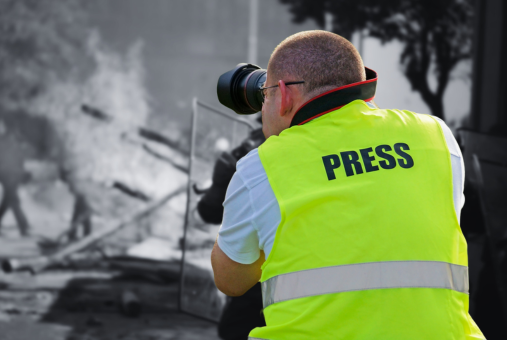
Directors of El Faro (El Salvador) and Confidencial (Nicaragua) pointed to risk assessment, complete trust between editors and reporters, legal defense and psychological support as fundamental elements to preserve the well-being and safety of their teams in the face of harassment, threats and criminalization.

The connection between press freedom and the many challenges facing the planet – including climate change – is the theme for the 2024 World Press Freedom Day. Under the motto “A Press for the Planet: Journalism in the face of the environmental crisis,” May 3 arrives with discussions on how to guarantee journalists’ work as well as strategies to confront disinformation and denial of climate change.
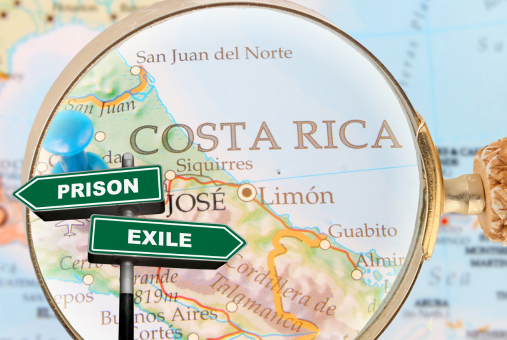
Hundreds of Central American journalists have gone into exile in Costa Rica because they consider it a safe country for journalism. But, the situation has taken a turn as press freedom and security in that country has worsened. Some exiled journalists have decided to seek refuge in other countries and to leave the profession.